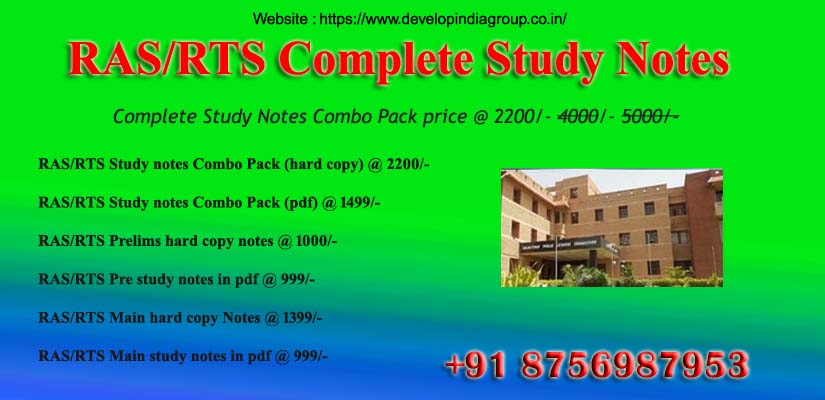|
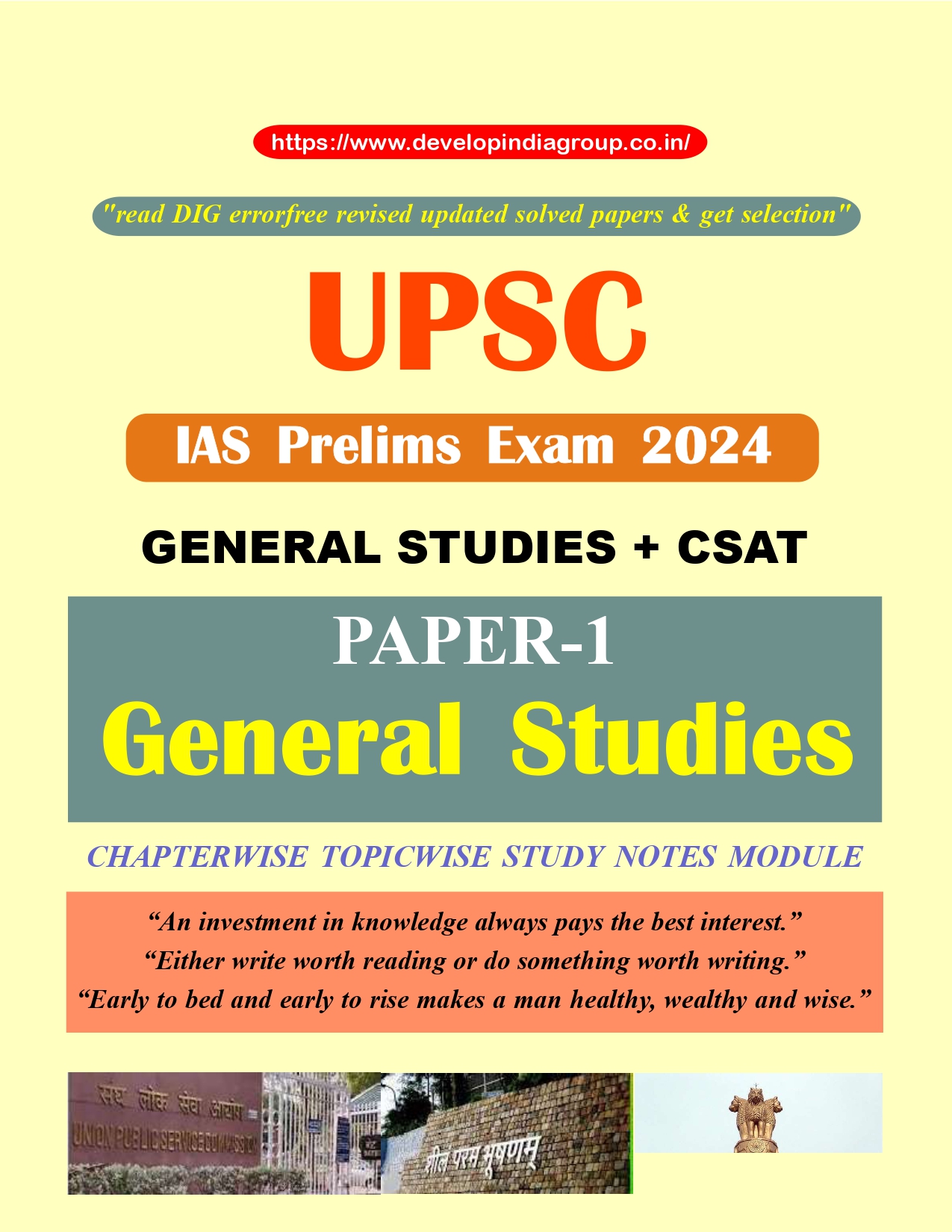 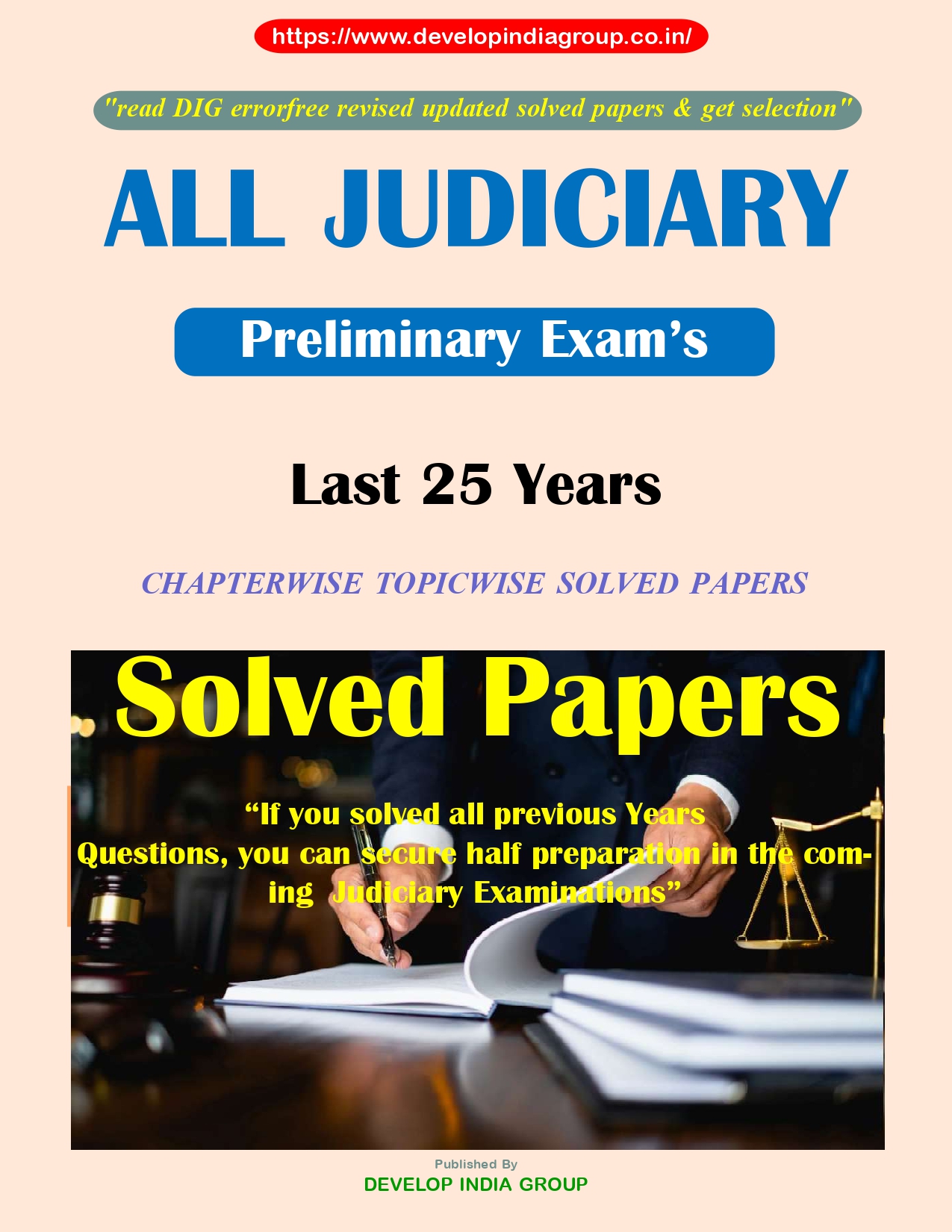 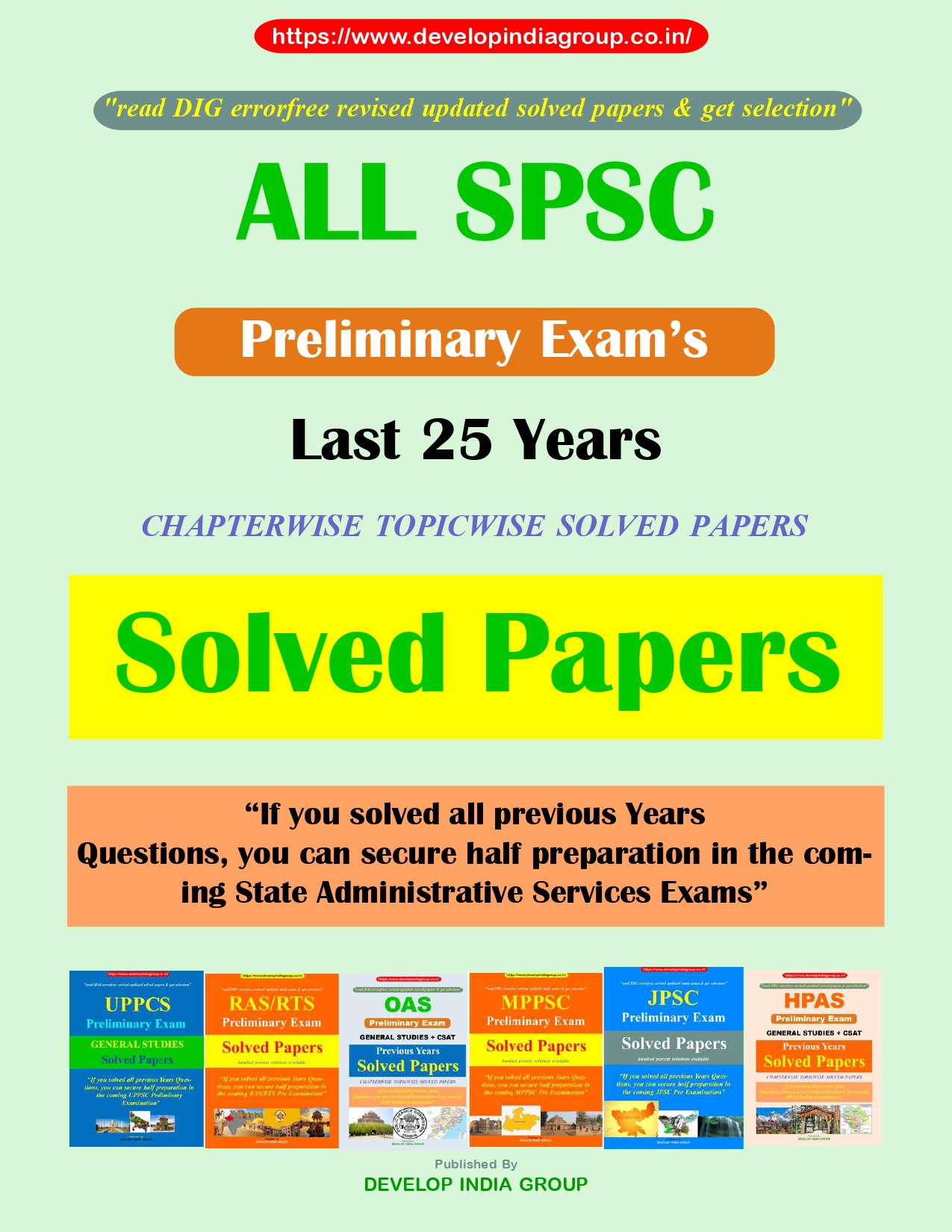 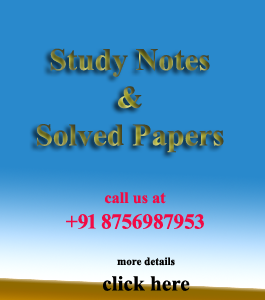 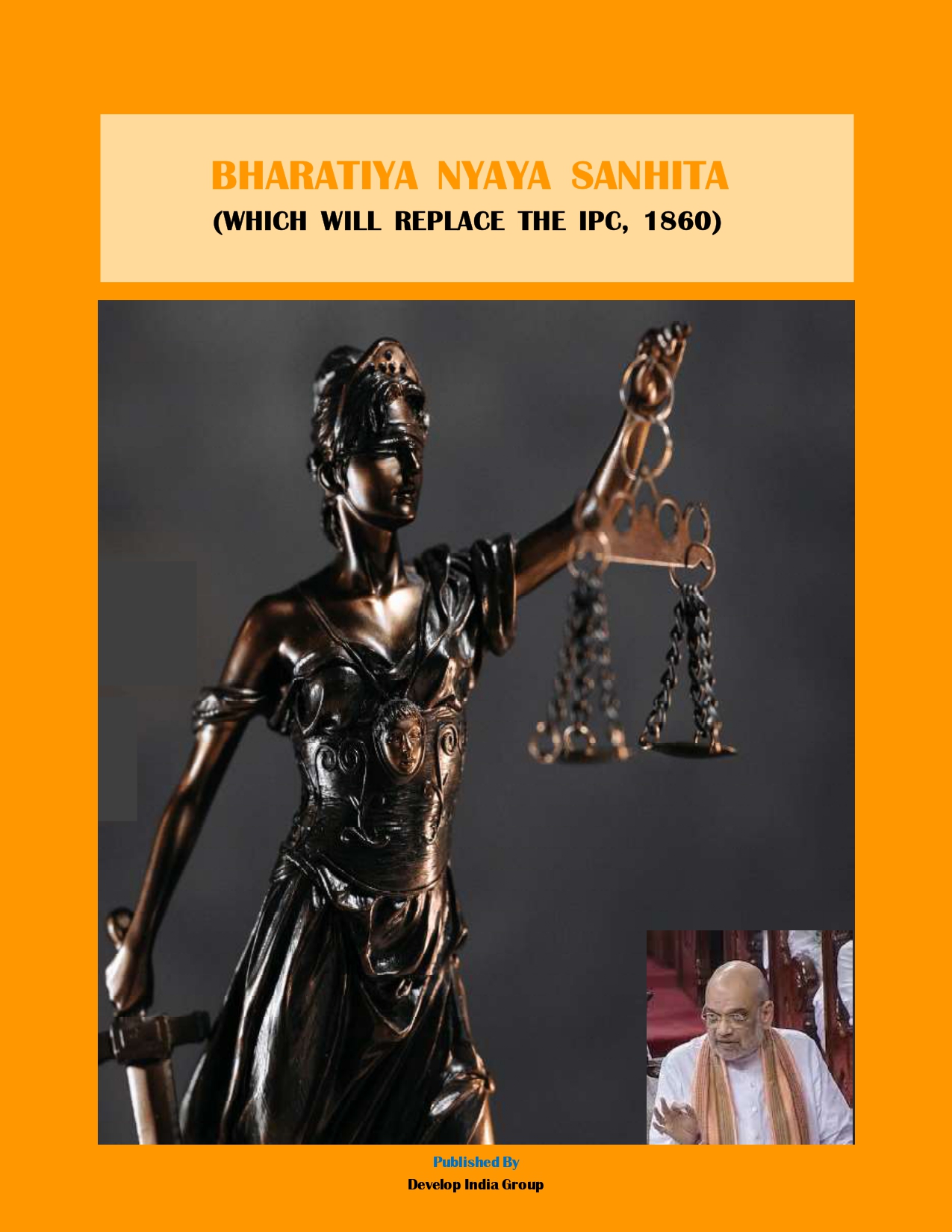 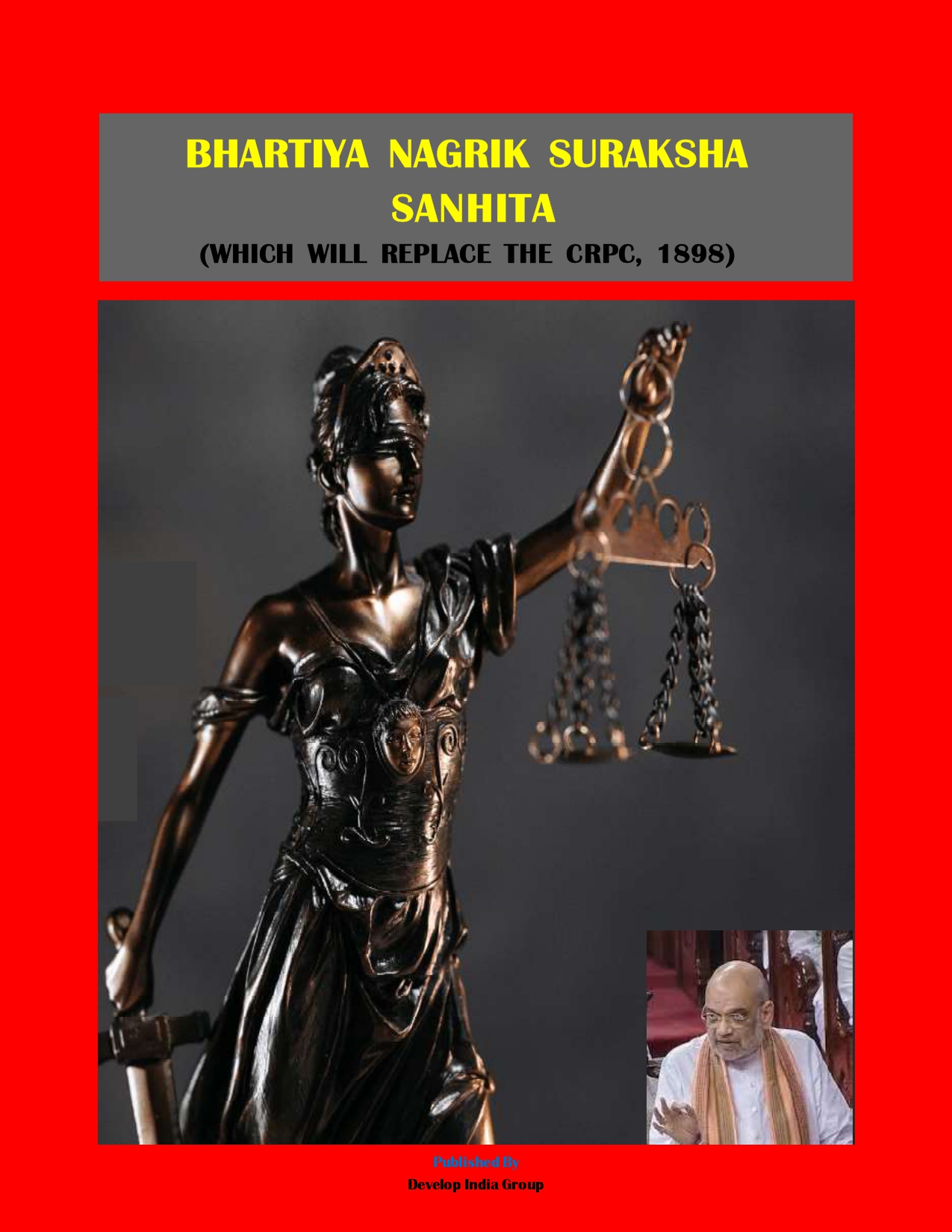 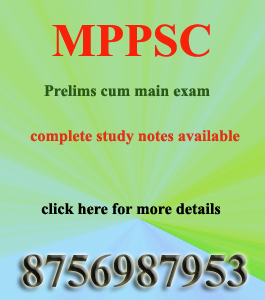   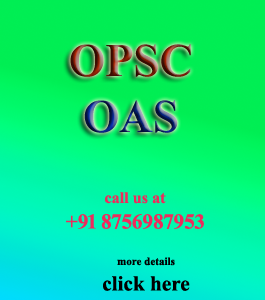 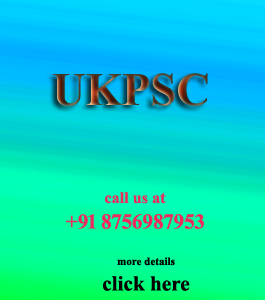 
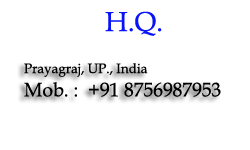
|
RAS & RTS Exam 2024 Syllabus based Study Materials and Topicwise Notes available
The Rajasthan Public Service Commission (RPSC) conducts various competitive examinations for recruitment to the administrative services of the state of Rajasthan. These exams include the Rajasthan Administrative Service (RAS), Rajasthan Police Service (RPS), Rajasthan Taxation Service (RTS) and other state-level services.
RPSC RAS recruitment 2023: Notification released for 905 vacancies, application begins July 1, 2023
Rajasthan Public Service Commission (RPSC) has released a notification announcing the Rajasthan State and Subordinate Services Combined Competitive Examination 2023. Interested candidates can submit their applications on the official website, https://rpsc.rajasthan.gov.in/, starting from July 1 to July 31.
Download Notification |
|
Download Syllabus RAS Pre |
|
Download Syllabus RAS Mains |
|
-
Starting date of online application: July 1, 2023
-
Ending date of online application: July 31, 2023
-
RPSC RAS 2023 Prelims Exam Admit Card: To be notified
-
RPSC RAS 2023 Prelims Exam Date: Sept. or October
Vacancies
The examination aims to fill a total of 905 vacancies for RAS/RTS recruitment, distributed as follows:
State Services: 424 vacancies
Subordinate Services: 481 vacancies
Eligibility
In terms of age eligibility, candidates must be at least 21 years old as of January 1, 2024, and the upper age limit should not exceed 40 years. There are relaxations in the upper age limit for candidates belonging to reserved categories.
Educational Qualification
Applicants should hold a degree from a university incorporated by an Act of the Central or State Legislature in India, or from any other educational institution established by an Act of Parliament, or declared to be deemed a University under Section 3 of the University Grants Commission Act, 1956.
Age Limit :
-
Interested applicants age should not less than 21 years.
-
Upper age limit 35 years as on 1st January 2023
-
Relaxation to the reserved category applicant as per Government norms, prefer the official notification.
| ST, SC, BC, SBC Category Male |
5 year |
| ST, SC, BC, SBC Category Female |
10 Years |
| General Category Female |
5 years |
| Widow or Divorce Women |
No Upper age limit |
| General category PWD candidate |
10 years |
| BC and SBC category PWD candidates |
13 years |
| ST/ SC PWD Candidates |
15 years |
RPSC RAS / RTS - Selection Process
The selection procedure consists of three stages:
- Preliminary Exam
- Mains Exam
- Interview/Personality Test
The candidates have to attempt all three stages and qualify each stage to be promoted to next stage. Any candidate if fail in any round, will have to begin from the starting stage i.e. Prelims.
RPSC RAS Exam Pattern 2023
A preliminary exam is a screening test and only a limited number of candidates will be called for Mains Exam. The marks scored in the prelims exam will not be counted in the merit list.
As per New Scheme of Examination and Syllabus for Rajasthan State and Subordinate Services Combined Competitive (Preliminary) Examination Preliminary Examination will consist of one paper on General Knowledge and General Science.
- It is an objective type paper carrying maximum of 200 marks.
- The examination is meant to serve as a screening test only.
- Standard of the paper will be that of a Bachelor’s Degree Level.
- Time duration of paper is of 3 hours
- There will be negative marking 1/3 mark will be deducted for each wrong answer.
- There will be 150 questions of multiple choice (Objective Type), carrying equal marks.
RAS/RTS Prelims Exam syllabus:
Section A: History, Art, Culture, Literature, Tradition & Heritage of Rajasthan
- Pre-historical sites of Rajasthan- from Palaeolithic to Chalcolithic and Bronze Age.
- Historical Rajasthan: Important historical centres of Early Christian Era. Society, Religion and Culture in Ancient Rajasthan.
- Political and Cultural achievements of prominent rulers of major dynasties – Guhila, Pratihar, Chauhan, Parmar, Rathore, Sisodiya and Kachchawa. Administrative and Revenue System in Medieval Rajasthan.
- Emergence of Modern Rajasthan: Agents of Social Awakening in Rajasthan during 19th – 20th Centuries. Political Awakening: role of newspapers and political institutions. Tribal and Peasant movements in 20th century, Praja Mandal movements in various princely states during 20th century. Integration of Rajasthan.
- Architectural Tradition of Rajasthan- temples, forts, palaces and man- made water bodies; Various schools of paintings and handicrafts.
- Performing Art: Classical Music and Classical Dance; Folk Music & Instruments; Folk Dances & Drama.
- Language & Literature: Dialects of Rajasthani Language. Literature of Rajasthani language and Folk literature.
- Religious Life: Religious Communities, Saints and Sects in Rajasthan. Folk Deities of Rajasthan.
- Social Life in Rajasthan: Fairs and festivals; Social customs and traditions; attires and ornaments.
- Leading Personalities of Rajasthan
|
Section B: Indian History
Ancient & Medieval Period: |
Cultural Foundations of India – Indus and Vedic Age; Renunciatory tradition and new religious ideas of 6th Century BC- Ajivakas, Buddhism and Jainism.
- Achievements of prominent rulers of major dynasties: Maurya, Kushan, Satavahan, Gupta, Chalukya, Pallava and Chola.
- Art and Architecture in Ancient India.
- Development of Language and Literature in Ancient India: Sanskrit, Prakrit and Tamil.
- Sultanate Period: Achievements of prominent Sultanate Rulers. Cultural achievements of Vijaynagar.
- Mughal Period: Political challenges and reconciliation- Afghan, Rajput, Deccan States & Maratha.
- Development of Art & Architecture, Paintings and Music during medieval period.
- Religious & Literary contribution of Bhakti & Sufi movement.
Modern Period (from early 19th century to 1964):
- Evolution of Modern India & Emergence of Nationalism: Intellectual awakening; Press; Western education. Socio- religious reforms during 19th century: various leaders and institutions.
- The Freedom Struggle & Indian National Movement- its various stages, streams and important contributors, contributions from different parts of the country.
- Post-independence Nation Building: The linguistic reorganisation of the states, Institutional building during Nehruvian age, Development of science and technology.
|
Section C: Geography of World and India
World Geography:
- Major Landforms-Mountains, Plateaus, Plains & Deserts
- Major Rivers & Lakes
- Types of Agriculture
- Major Industrial Regions
- Environmental Issues- Desertification, Deforestation, Climate Change & Global Warming, Ozone Layer Depletion
Geography of India:
- Major Landforms- Mountains, Plateaus, Plains
- Mechanism of Monsoon & Rainfall distribution
- Major Rivers & Lakes
- Major Crops- Wheat, Rice, Cotton, Sugarcane, Tea & Coffee
- Major Minerals- Iron ore, Manganese, Bauxite, Mica
- Power Resources- Conventional & Non-Conventional
- Major Industrial Regions.
- National Highways & Major Transport Corridors
|
Section D: Geography of Rajasthan
Syllabus |
- Major physiographic regions and their characteristics.
- Climatic characteristics
- Major Rivers & Lakes
- Natural Vegetation & Soil
- Major Crops- Wheat, Maize, Barley, Cotton, Sugarcane & Bajra
- Major Industries.
- Major Irrigation Projects & Water Conservation Techniques
- Population-Growth, Density, Literacy, Sex-ratio & Major Tribes
- Minerals- Metallic & Non-Metallic
- Power Resources- Conventional & Non-Conventional
- Biodiversity & its Conservation
- Tourist Centres & Circuits
|
Section E: Indian Constitution, Political System & Governance
Syllabus |
Indian Constitution: Philosophical Postulates:
- Constituent Assembly, Salient features of Indian Constitution, Constitutional Amendments.
- Preamble, Fundamental Rights, Directive Principles of State Policy, Fundamental Duties.
Indian Political System:
- President, Prime Minister and Council of Ministers, Parliament, Supreme Court & Judicial Review.
- Election Commission of India, Comptroller and Auditor General, NITI Aayog, Central Vigilance Commission, Lokpal, Central Information Commission, National Human Rights Commission.
- Federalism, Democratic Politics in India, Coalition Governments, National Integration.
|
Section F: Political and Administrative System of Rajasthan
Syllabus |
State Political System:
- Governor, Chief Minister and Council of Ministers, Legislative Assembly, High Court.
Administrative System:
- District Administration, Local Self Government, Panchayati Raj Institutions
Institutions:
- Rajasthan Public Service Commission, District Administration, State Human Rights Commission, Lokayukt, State Election Commission, State Information Commission.
Public Policy & Rights:
- Public Policy, Legal Rights and Citizen Charter.
|
Section G: Economic Concepts and Indian Economy
Syllabus |
Basic Concepts of Economics
- Basic Knowledge of Budgeting, Banking, Public Finance, Goods and Service Tax, National Income, Growth and Development
- Accounting- Concept, Tools and Uses in Administration
- Stock Exchange and Share Market
- Fiscal and Monetary Policies
- Subsidies, Public Distribution System
- e-Commerce
- Inflation- Concept, Impact and Control Mechanism
Economic Development & Planning
- Major Sectors of Economy: – Current Status, Issues & Initiatives of Agriculture, Industry, Service and Trade sectors
- Major Economic Problems and Government Initiatives.
- Economic Reforms and Liberalization.
Human Resource and Economic Development
- Human Development Index
- Happiness Index
- Poverty and Unemployment:- Concept, Types, Causes, Remedies and Current Flagship Schemes.
Social Justice and Empowerment
- Provisions for Weaker Sections.
|
Section H: Economy of Rajasthan
Syllabus |
- Macro overview of Economy.
- Major Agricultural, Industrial and Service Sector Issues.
- Growth, Development and Planning.
- Infrastructure & Resources.
- Major Development Projects.
- Programmes and Schemes- Government Welfare Schemes for SC/ST/Backward Class/Minorities/ Disabled Persons, Destitute, Women, Children, Old Age People, Farmers & Labourers.
|
Section I: Science & Technology
Syllabus |
- Basics of Everyday Science.
- Computers, Information and Communication Technology.
- Space Technology and Satellites.
- Defence Technology.
- Nanotechnology.
- Biotechnology and Genetic Engineering.
- Food and Nutrition, Blood Group & Rh factor
- Health care, Infectious, Non-Infectious and Zoonotic diseases
- Environmental and Ecological Changes and its Impacts.
- Biodiversity, Conservation of Natural Resources and Sustainable Development
- Agriculture, Horticulture, Forestry and Animal Husbandry with special reference to Rajasthan.
- Development of Science and Technology in Rajasthan
|
Section J: Reasoning & Mental Ability
Syllabus |
Logical Reasoning (Deductive, Inductive, Abductive):
- Statement and Assumptions,
- Statement and Argument,
- Statements and Conclusion,
- Statement and Courses of Action.
- Analytical Reasoning.
Mental Ability :
- Number/ Letter sequence
- Coding/Decoding
- Problems relating to Relations
- Direction Sense Test
- Logical venn Diagram
- Mirror/Water Images
- Shapes and their sub sections.
Basic Numeracy :
- Ratio, Proportion and Partnership
- Percentage
- Simple and Compound Interest
- Perimeter and Area of Plane figures
- Data Analysis (Tables, Bar diagram, Line graph, Pie-chart)
- Mean (Arithmetic, Geometric and Harmonic), Median and Mode
- Permutation and Combination
- Probability (Simple Problems)
|
Section K: Current Affairs
Syllabus |
- Major Current Events and Issues of State (Rajasthan), National and International Importance
- Persons, Places & Institutions in recent news
- Games and Sports related Activities
|
RAS/RTS Mains Exam Pattern
The candidates who qualify prelims exam are eligible to appear for mains exam. The number of candidates will be based on 15 times number of total vacancy
RPSC RAS Mains Exam Pattern |
| RPSC RAS Mains Paper |
Total Marks |
Total Time |
| Paper-1: General Studies-I |
200 marks |
3 hours |
| Paper-2: General Studies-II |
200 marks |
3 hours |
| Paper-3: General Studies-III |
200 marks |
3 hours |
| Paper-4: General Hindi and General English |
200 marks |
3 hours |
| Total |
800 marks |
RPSC RAS Main exam pattern
Scheme of Examination for R.A.S/R.T.S. (Mains) Examination :
PAPER -I
| Part |
No. of Question |
Marks Per question |
Word Limit |
Total Marks |
| Part-A |
25 |
02 |
15 |
50 |
| Part-B |
16 |
05 |
50 |
80 |
| Part-C |
07 |
10 |
100 |
70 |
| Total |
200 |
PAPER -II
| Part |
No. of Question |
Marks Per question |
Word Limit |
Total Marks |
| Part-A |
20 |
02 |
15 |
40 |
| Part-B |
14 |
05 |
50 |
70 |
| Part-C |
09 |
10 |
100 |
90 |
| Total |
200 |
PAPER -III
| Part |
No. of Question |
Marks Per question |
Word Limit |
Total Marks |
| Part-A |
25 |
02 |
15 |
50 |
| Part-B |
16 |
05 |
50 |
80 |
| Part-C |
07 |
10 |
100 |
70 |
| Total |
200 |
PAPER - IV:
| Part |
Total Marks |
| Part - A |
70 |
| Part - B |
80 |
| Part - C |
50 |
| Total |
200 |
RAS Mains Syllabus
Paper – I General Knowledge and General Studies:
| Part |
Detailed description of topics in RAS syllabus |
| Unit-I |
| Part A – History, Art, Culture, Literature, Tradition and Heritage of Rajasthan |
- Major landmarks in the History of Rajasthan from Pre-historic time to close of 18th Century, Important dynasties, their administrative and revenue system.
- Salient events of 19th& 20thcenturies: Peasant & Tribal Movements. Political Awakening, Freedom Movement and Integration.
- Heritage of Rajasthan: Performing & fine Art, Handicraft and Architecture; Fairs, Festivals, Folk Music and Folk Dance
- Important works of Rajasthani Literature and Dialects of Rajasthan.
- Saints , Lok Devtas and eminent personalities of Rajasthan
|
| Part B – Indian History & Culture |
- Indian heritage: Fine Art, Performing Art, Architecture & Literature from Indus Civilization to British Era.
- Religious Movements and religious philosophy in Ancient and Medieval India.
- History of Modern India from beginning of 19th Century to 1965 AD: Significant events, personalities and issues
- Indian National Movement- Its various stages & streams, important contributors and contribution from different parts of the country
- Socio-religious Reform Movements in 19th and 20th Century
- Post Independence consolidation and reorganisation – Accession of princely states & Linguistic reorganisation of the states
|
| Part C – History of Modern World (up to 1950AD) |
- Renaissance and Reformation. Enlightenment and Industrial Revolution
- Imperialism and colonialism in Asia and Africa.
- Impact of World Wars
|
| Unit II- ECONOMICS |
| Part A- Indian Economy |
- Major Sectors of Economy: Agriculture, Industry & Service- Current Status, Issues and Initiatives
- Banking: Concept of Money supply & High Powered Money. Role and Functions of Central Bank & Commercial Banks, issues of NPA, Financial Inclusion. Monetary Policy- Concept, objectives & Instruments
- Public Finance: Tax reforms in India- Direct & Indirect, subsidies- Cash Transfer and other related issues. Recent Fiscal Policy of India
- Recent Trends in Indian Economy: Role of Foreign Capital, MNCs, PDS, FDI, Exim Policy, 12th Finance Commission, Poverty alleviation schemes.
|
| Part B- World Economy |
- Global Economic issues and trends: Role of World Bank, IMF & WTO.
- Concept of Developing, Emerging and Developed countries.
- India in global Scenario
|
| Part C- Economy of Rajasthan |
- Agriculture, Horticulture, Forestry, Dairy and Animal husbandry with special reference to Rajasthan. Industrial Sector- Growth and recent trends.
- Growth, Development & Planning with special reference to Rajasthan. Recent development and issues in service sector of Rajasthan.
- Major Development Projects of Rajasthan- their objectives and impact.
- Public Private Partnership Model for Economic Transformation in Rajasthan.
- Demographic Scenario of the State and its impact on Rajasthan Economy.
|
| Unit III- SOCIOLOGY, MANAGEMENT & BUSINESS ADMINISTRATION |
| Part A- Sociology |
- Development of Sociological Thought in India Social Values
- Caste Class & Occupation
- Sanskritization
- Varna, Ashram, Purusharth and Sanskar Vyavastha
- Secularism
- Issues and Problems of Society.
- Tribal community of Rajasthan: Bhil, Mina (Meena) and Garasia.
|
| Part B- Management |
- Management – Scope, concept, functions of Management – Planning, Organizing, Staffing, Direction, Coordination and Control, Decision-Making: concept, process and techniques.
- Modern concept of Marketing, Marketing Mix Product, Price, Place and Promotion
- Objective, concept of maximization of wealth, Sources of Finance – Short and Long term, Capital Structure, Cost of Capital
- Concept and Main theories of Leadership and Motivation, Communication
- Basics of recruitment, selection, induction, training & development and appraisal system
|
| Part C- Business Administration |
- Techniques of analysis of Financial statements, Basics of Working Capital Management
- Responsibility and Social Accounting Meaning
- Objectives of Auditing, Internal Control, Social, Performance and Efficiency Audit. Basics of different types of Budgeting, Budgetary control
|
Paper –II General Knowledge and General Studies:
| Part |
Detailed description of topics in RAS syllabus |
| Unit I- Logical Reasoning, Mental Ability and Basic Numeracy |
- Logical Reasoning and Analytical Ability Number Series, Letter Series, Coding –Decoding
- Problems related to Relations
- Shapes and their Sub-sections, Venn Diagram
- Problems based on Clocks, Age and Calendar
- Number system and order of Magnitude Simultaneous Linear Equations in Two Variables
- Ratio and Proportion, Compound Proportion
- Square Root, Cube Root, H.C.F. and L.C.M Percentage, Simple and Compound Interest
- Time and Work, Speed and Distance Area and Perimeter of Simple Geometrical Shapes, Volume and Surface Area
- of Sphere, Cone, Cylinder and Cuboids Trigonometry Ratios and Angles
- Data Analysis (Tables, Bar-Graph, Line Graph, Pie-Chart)
- Measures of Central Tendency, Mean, Mode, Median, Standard Deviation,Variance Probability
|
| Unit II- General Science & Technology |
- Motion, laws of motion, work energy and power, rotational motion, gravitation, simple harmonic motion, waves
- Properties of matter, electrostatics, current electricity, moving charge and magnetism.
- Ray optics, Photo electric effect, Nuclear physics, semi conductor devices
- Electromagnetic waves, communication systems , basics of computers, use of information technology in administration, e-governance and e- commerce, contributions of Indian scientists in the development of science
- States of matter, Atomic structure, chemical bonding and molecular structure ,equilibriums
- Thermodynamics, kinetic theory of gases, solid state, solutions, electro chemistry, Chemical kinetics
- Characteristic feature of life Nutrition in organisms
- Principal of inheritance and variation
- Human health and diseases Biotechnology and its applications
- Bio diversity and conservation
- Ecosystems
- Agriculture, Horticulture, Forestry, Dairy and Animal Husbandry with special
- reference to Rajasthan
|
| Unit III- Earth Science (Geography & Geology) |
Part A- World:
- Broad Physical Feature: Mountains, Plateaus, Plains, Lakes and Glaciers.
- Earthquakes and Volcanoes: Types, distribution and their impact
- Earth and its Geological time scale.
- Current Geopolitical Problems
Part B- India:
- Broad Physical Features: Mountains, Plateaus, Plains, Lakes and Glaciers.
- Major Physiographic divisions of India
- Climate- Origin of Monsoon, Seasonal Climatic conditions, Distribution of rainfall and climatic regions,
- Natural Resources: (a) Water, Forest, Soil (b) Rocks & Mineral: Types and their uses
- Population: Growth, Distribution and Density, Sex-ratio, Literacy, urban and Rural Population
Part C- Rajasthan:
- Broad Physical Features: Mountains, Plateaus, Plains, Rivers and Lakes.
- Major Physiographic Regions.
- Natural Vegetation and Climate.
- Livestock, Wildlife and its Conversation Agriculture- Major Crops.
- Mineral Resources: (i) Metallic Minerals- Types, distribution and Industrial uses and their conservation. (ii)Non- Metallic Minerals- Types, distribution and Industrial uses and their conservation.
- Energy Resources: Conventional and Non-conventional Population and Tribes
|
Paper-III General Knowledge and General Studies:
| Unit name |
Detailed description of topics in RAS syllabus |
| Unit I- Indian Political System, World Politics and Current Affairs |
- Indian Constitution: Framing, Features, Amendments, Basic Structure. Ideological Contents: Preamble, Fundamental Rights, Directive Principles of State Policy
- Fundamental Duties.
- Institutional framework- I: Parliamentary System, President, Prime Minister and Council of Ministers, Parliament. Institutional Framework- II: Federalism, Centre-State relations, Supreme
- Court, High Courts, Judicial Review, Judicial Activism.
- Institutional Framework- III: Election Commission of India, Comptroller andAuditor General, Union Public Service Commission, NITI Aayog
- Central Vigilance Commission, Central Information Commission, National Human Rights Commission Political Dynamics: Role of Cast, Religion, Class, Ethnicity, Language and Gender in Indian Politics
- Political Parties and Electoral Behaviour, Civil Society and Political Movement, Issues related to National Integrity and Security. Potential areas of Socio-Political conflicts
- State Politics of Rajasthan: Party System, Political Demography
- Differentphases of Political competition in Rajasthan, Panchayati Raj and Urban self Government Institutions Emerging World Order in the post Cold War era, USA’s hegemony and it resistance, UN and Regional Organizations
- International Terrorism and Environmental issues. Foreign Policy of India: Evolution, Determinants, India’s relations with USA,
- China, Russia and European Union, India’s role in UN, NAM, BRICS, G- 20, G- 77 and SAARC. Geo-political and Strategic development in South Asia, South East Asia West Asia and their impact on India. Current Affairs: Current events, persons and places of Rajasthan
- National and international importance, recent activities related to games and sports.
|
| Unit II- Concepts, Issues and Dynamics of Public Administration and Management |
- Administration and management: Meaning, nature and significance. Its role in developed & developing societies. Evolution of Public Administration as a discipline, new public administration, Theories of public administration
- Concepts of power, authority, legitimacy, responsibility and delegation.
- Principles of organization: Hierarchy, Span of control and unity of command
- Functions of management, Corporate governance and social responsibility
- New dimensions of public management, management of change.
- Aptitude and foundational values of civil services: integrity, impartiality, and
- non partisanship, dedication to public service, relationship between generalists and specialists. Legislative
- Judicial control over administration: various methods and techniques of legislative & judicial control. Administrative setup, administrative culture in Rajasthan: Governor
- Chief Minister, Council of Ministers, State Secretariat and Chief Secretary. District administration: organization, role of District Collector
- Superintendent of Police, Sub-divisional and Tehsil administration. Development Administration: Meaning, Scope and Characteristics
- State Human Rights Commission, State Election Commission, Lokayukt
- Rajasthan Public Service Commission, Public Service Guarantee Act, 2011
|
| Unit III- Administrative Ethics, Behavior and Law |
Part A- Administrative Ethics:
Administrative Ethics:
- Ethics and human interface: Essence, Determinants and Consequences of ethic and human actions-Moral values (rights and Duties; Good and Virtues), Cardinal virtues of Plato, Utilitarianism- J.S. Mill, Freedom of will and moral responsibility
- Kantian ethics, Ethics of Bhagavad Gita and its role in administration.
Dimension of ethics:
Role of administrators in society and educational institution in the inculcating
Ethics in private and public relationships
Behaviour, Moral and Political attitudes of administrators.
Part B – Behavior
Intelligence:
Cognitive intelligence, Social intelligence, Emotional intelligence, Cultural intelligence and Howard Gardner’s theory of multiple intelligence
Personality:
Psychoanalytical theories, Trait and Type theories, Determinants of personality and Assessment of personality
Learning and Motivation:
styles of learning, Models of memory, causes of forgetting. Classification and types of motives, Theories of work motivation, Assessment of motivation
Meeting Life Challenges: Stress:
Nature, type, Sources, Symptoms, Effects, Stress Management, Promotion of Positive health and well being.
Part C-Law
Concepts of Law:
Ownership and possession, Personality, Liability, Rights and Duties
Contemporary Legal issues:
Right to information, Information technology law including cyber laws (concepts, purpose, prospects), Intellectual Property Rights (concepts, types, purpose, prospects)
Crimes against Women and Children:
Domestic Violence, Sexual Harassment the work place, the protection of children from sexual offenses Act 2012, Laws related to child labour
Important Land Laws in Rajasthan:
Rajasthan Land Revenue Act, 1956; Rajasthan Tenancy Act, 1955 |
PAPER – IV General Hindi and General English
Paper 4. RPSC Scheme of examination mentions
level of this paper as “The standard of General Hindi and General
English will be that of Sr. Secondary level”. The Paper 4 syllabus
consists of 2 sections:
- Unit I: General Hindi
- Unit II: General English
Unit I: General Hindi (120 Marks)
भाग अ- (अंक 50)
- संधि एवं संधि-विच्छेद – दिए हुए शब्दों की संधि करना और संधि-विच्छेद करना।
- उपसर्ग – सामान्य ज्ञान, उपसर्गों से शब्दों की संरचना तथा शब्दों में से उपसर्ग एवं शब्द पृथक् करना
- प्रत्यय – सामान्य ज्ञान, दिए हुए प्रत्ययों से शब्द बनाना और शब्दों में से शब्द एवं प्रत्यय पृथक् करना
- पर्यायवाची शब्द
- विलोम शब्द
- समश्रुत भिन्नार्थक शब्द–दिए हुए शब्द-युग्म का अर्थभेद वाक्यांश के लिए सार्थक शब्द शब्द शुधि। वाक्य शुधि
- मुहावरे- मुहावरों का वाक्य में सटीक प्रयोग
- कहावत/लोकोक्ति-केवल भावार्थ
- पारिभाषिक शब्दावली- प्रशासन से संबंधित अंग्रेजी शब्दों के समानार्थ हिन्दी
भाग ब- (अंक 50)
- संक्षिप्तीकरण – गद्यावतरण का उचित शीर्षक एवं लगभग एक-तिहाई शब्दों में संक्षिप्तीकरण (गद्यावतरण की शब्द सीमा लगभग 100 शब्द)
- पल्लवन – किसी सूक्ति, काव्य पंक्ति, प्रसिद्ध कथन आदि का भाव विस्तार (शब्द सीमा–लगभग 100 शब्द)
- पत्र-लेखन – सामान्य कार्यालयी पत्र, कार्यालय आदेश, अर्धशासकीय पत्र, अनुस्मारक
- प्रारूप-लेखन – अधिसूचना, निविदा, परिपत्र, विज्ञप्ति
- अनुवाद – दिए हुए अंग्रेजी अनुच्छेद का हिंदी में अनुवाद।
भाग स- (अंक 20)
- किसी सामयिक एवं अन्य विषय पर निबंध लेखन (शब्द सीमा लगभग-250
Unit II: General English (80 Marks)
Part I: A- Grammar & Usage (20 Marks)
- Correction of Sentences: 10 sentences for correction with errors related to: Articles & Determiners
- Prepositions
- Tenses & Sequence of Tenses
- Modals
- Voice- Active & Passive
- Narration- Direct & Indirect
- Synonyms & Antonyms
- Phrasal Verbs & Idioms
- One Word Substitute
- Words often Confused or Misused
Part B- Comprehension, Translation & Precis Writing (30 Marks)
- Comprehension of an Unseen Passage (250 Words approximately)
- 05 Questions based on the passage.
- Question No. 05 should preferably be on vocabulary.
- Translation of five sentences from Hindi to English.
- Precis Writing (a short passage of approximately 150-200 words)
Part C- Composition & Letter Writing (30 Marks)
- Paragraph Writing- Any 01 paragraph out of 03 given topics (approximately 200 words)
- Elaboration of a given theme (Any 1 out of 3, approximately 150 words)
- Letter Writing or Report Writing (approximately 150 words)











|


